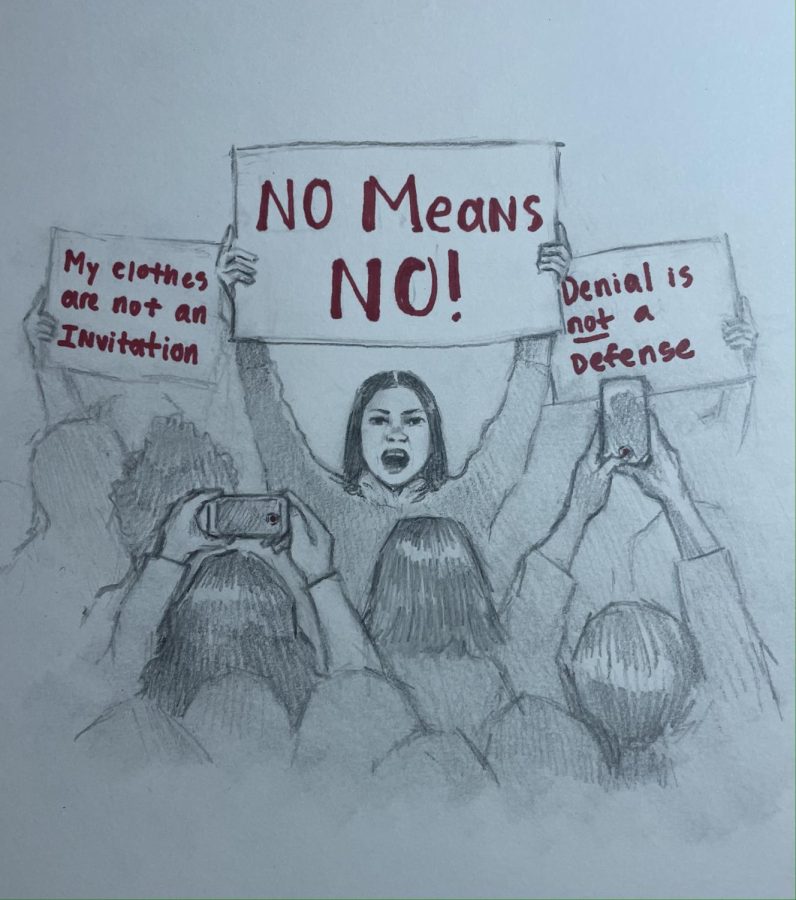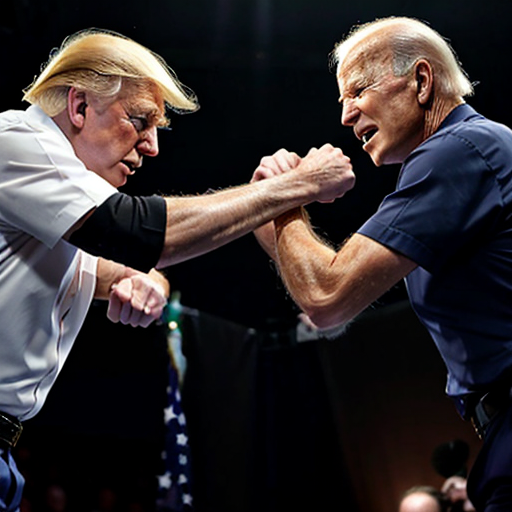Social Media Activism
How teens are leading social movements from behind a screen.
November 10, 2022
Everytime you open social media, there’s always something political popping up. Whether it’s someone’s story, a post, or just scrolling through your feed, it’s hard to not see activism when you open Tik Tok, Snapchat, or Instagram.
Because people under 18 can’t vote, they use social media to their advantage, talking about any topic which they think is important. But, it’s important to ask whether what teenagers are doing on social media is really making a difference in the world, or even a difference to themselves. English Department Chair, Geoff Nelson said, “there is a difference between taking a moral high ground just for the sake of amplifying one’s own goodness versus trying to authentically expand someone else’s perception politically that might make them a better person or more aware in the world.”
In our own community, we’ve had two social activism Instagram accounts arise, @sexualassaultatmasters, in September 2022 and @blackattms, in June 2020, both of which have inspired real changes to the rules or guidelines at Masters. Mia Romanoff ‘22, who wrote her Masters Thesis paper on youth protest, explained that, “A large part of the reason why accounts like @blackattms work is because they do threaten the economic position of the school, it’s not just starting a conversation, the existence of that conversation has very real consequences to the school’s reputation.” She continued, “what makes those accounts different is that negative media attention in those instances was political and economic versus just generally bringing awareness.”
In 2020, following George Floyd’s death, social activism spiked. Jake Lefort ‘23 noted “That was not exactly the birth of social media activism but it was the first time everyone was really involved in posting on social media about something that effects law and requires activism.” Everywhere on social media, people were posting about the murder. Tik Toks were blowing up on how to support small Black owned businesses, and people were beginning to be open about their own stories of racism or micro aggressions. They were posting informational slides about where to donate, what you can do, and generally spreading awareness through social media infographics. “I don’t think it would’ve been seen as such a big deal if social activism hadn’t taken hold then.” Lefort later said.
However, there is a lot of debate surrounding the fine line teenagers walk between performative and non-performative activism. “We can’t make meaningful change if it’s being perpetuated by our need to boost how other people perceive us,” said Romy Girzone, ‘24.
Romanoff touched on how she sees performative activism, “I don’t necessarily think that performative activism de-rails any movements. Rather it just makes people think that movements are doing more than they are. Performative activism isn’t harmful, it’s annoying.”
She continued, “I think the average individual actually most of the time isn’t really able to be a performative activist; I think performative activism comes with people who have resources and large platforms and who are trying to appease a larger audience.”
Despite the sometimes performative side of posting on social media, teenagers have been using apps to create a real change in the world. Teenagers on Tik Tok bought tickets to a Trump rally in Oklahoma in an effort to take tickets from people who would’ve actually shown up. K-pop fans drowned out a #WhiteLivesMatter tag by filling it with photos of their favorite artists, and others have monetized Youtube videos to donate the proceeds to charities or small businesses. Many other movements have been hoisted along by social media throughout the last few decades. #Metoo, the Ice Bucket Challenge, and #Lovewins were all online phenomenons which translated into real life.
Social media can be an amazing way for young people to talk about issues they’re passionate about, but it’s important to note that social media can become performative and corrupt very quickly. People can come across social media activism, and blindly scroll past it, meaning it doesn’t create as much of an impact as hoped. It may be in a person’s best interest to instead directly help a cause through donation or volunteering. As Nelson said, “Sometimes awareness produces political thinking and sometimes awareness produces the status quo, people are aware of what they’re seeing but move on with their life.





























